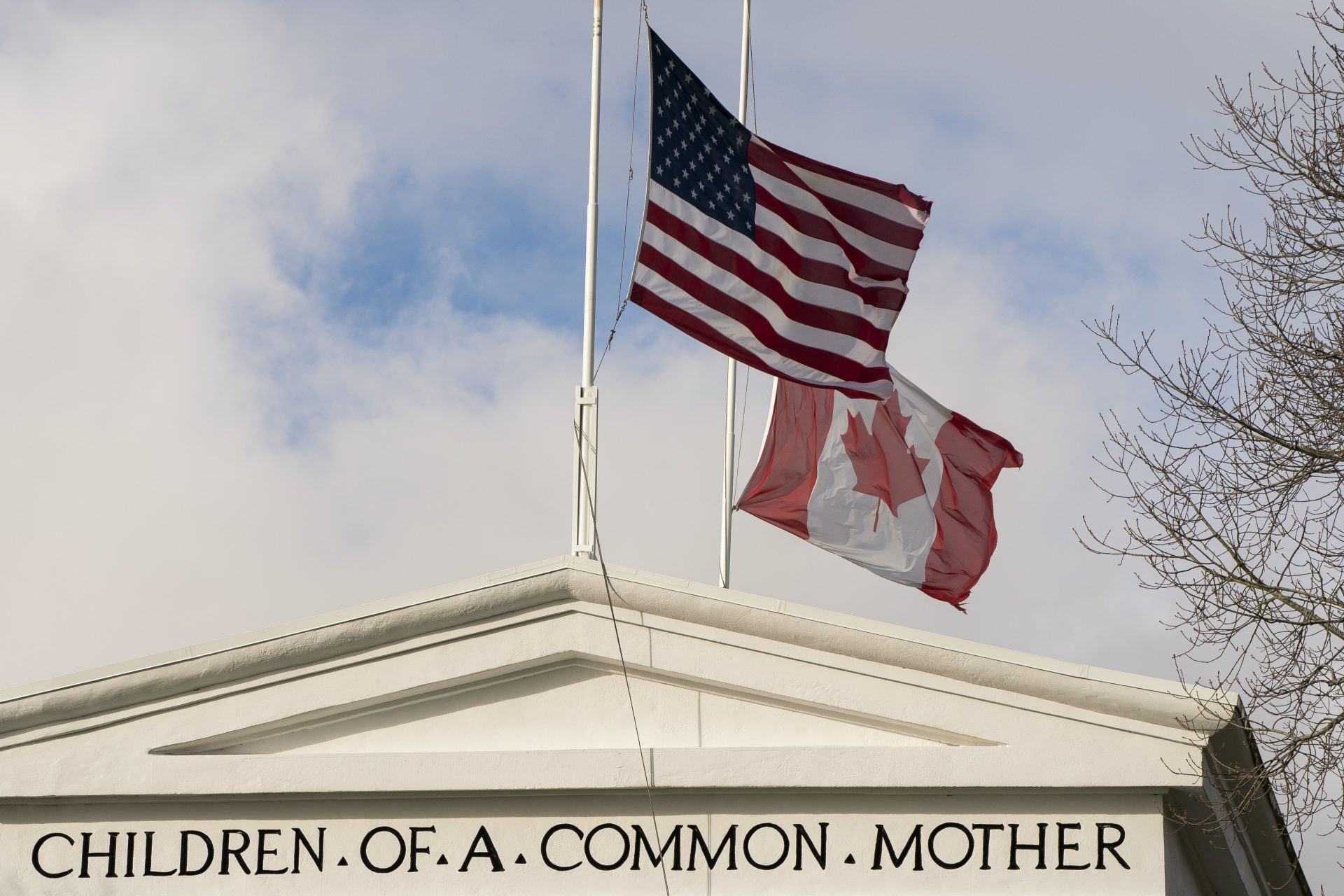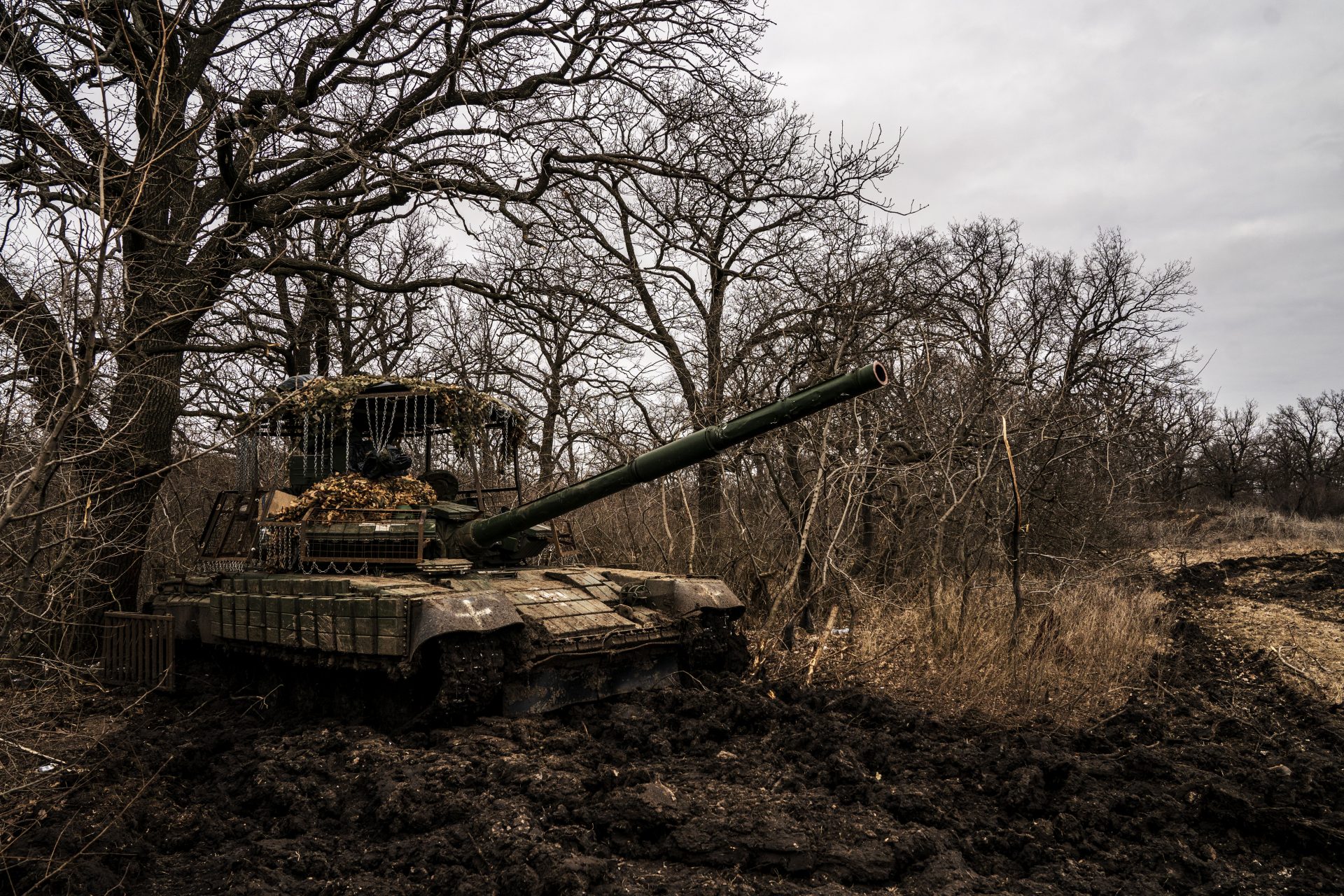Does the Catholic Church still before exorcisms?
Exorcism is an ancient practice, as old as Christianity, or perhaps more. Non-believers and skeptics consider it a medieval legacy, and many people ignore the fact that it continues to be practiced today.
Based on the possession-liberation dichotomy, exorcism, defended, codified and regulated by the Catholic magisterium, recognizes certified priests, appointed by a bishop, the power to free a person “possessed by the devil.”
In the book "Exorcists and Psychiatrists", Father Gabriele Amorth (in the photo), a famous exorcist, illustrated the three fundamental premises on which exorcism is based.
The first premise is that the devil exists. The second, that it can take possession of a person and appear identical to a disease that cannot be treated medically. The third is that whoever believes in Christ possesses the strength needed to cast out the devil.
Though attributed to the Catholic Church, there are numerous religions that believe in the existence of supernatural entities, good or evil, with the ability to take possession of a human being.
However, it’s true that for the Catholic Church specifically, the theme of the devil is a cornerstone in their theological system.
Furthermore, in homilies and even encyclicals, the various Popes who have followed one another in the Vatican have reaffirmed its importance for the Catholic faith, especially in a changing world such as the contemporary one.
For instance, Pope Francis referred to the devil during a mass in 2014: “They made this generation believe that the devil was a myth, a figure, an idea, the idea of evil. But the devil exists and we must fight against him”.
"Evil, the devil, passes through human freedom, through the use of our freedom. It seeks an ally: man. Evil needs to spread", said Benedict XVI.
And before that, John Paul II had also spoken about it in a more direct way, defining the devil as "a person and an evil spirit, who exerts his influence not only on material things, but also on the human body, so it is legitimate to speak of diabolical possession."
Yet, as analyzed by Francis Young in the book ‘A History of Exorcism in Catholic Christianity’, even within the Catholic world, there are conflicting views on this practice, if not a real fracture.
PHOTO: Xavier Coiffic / Unsplash
According to the scholar, within the Catholic Church, there are those who believe that exorcism has a fundamental role and those who question whether the devil operates in this way, and think that the practice should be set aside.
In any case, Young is convinced: exorcism is making a comeback. Not surprising, considering that, to date, there are about 800 priests who perform exorcists in the world.
The group is called the International Association of Exorcists (IAE). Founded by the aforementioned Father Amorth in 1994, and it is legally recognized by the Vatican.
Photo: Ramses Sudiang / Unsplash
In 2016 SIR, the press agency of the Italian Episcopal Conference, said that Italy holds the record for the number of exorcists, followed by Poland. Outside the European borders, Mexico has the lead.
Pictured: an exorcism in Italy, in the early 1950s.
There is no specific data collecting the number of exorcisms practiced in Italy or in the world. According to what was reported by the newspaper La Stampa in 2019, in that year the requests, in Italy alone, exceeded 500,000.
Photo: Emerson Mello / Pixabay
"In the last 10 years the number of possessed people has increased a lot. I even get to do them from morning until midnight", said Father Giacobbe Elia in an interview with the newspaper La Repubblica.
The IEA has a book of guidelines so that the priests can carry out an “effective and correct service". Entitled "Guidelines for a correct practice of the ministry of exorcisms", it is also supposed to help them distinguish a disease from the presence of the devil.
The guidelines are probably a necessary response in the face of the numerous cases that have ended in tragedy, such as Maricica Irina Cornici’s, a young Romanian who died during a harsh exorcism in 2005.
The principle of prudence tells priests they must verify the presence of signs that indicate effective possession by the devil, having discarded any symptoms that could be psychological.
Therefore, it is the priest who has the power to establish whether these "signs" belong to the supernatural world and this is one of the aspects that psychologists and psychiatrists contest, pointing out their lack of training.
Psychologist Oscar Miotti summed it up in Corriere della Sera as follows: "The "demon-possessed" attitude can have many explanations, which in the vast majority of cases have nothing to do with the supernatural".
"At the origin there can be various mental problems, the most serious of which lead to psychosis." says Miotti, naming Gilles de la Tourette syndrome and histrionic personality disorder, among others.
"Furthermore, there are people who can behave ‘possessed’ as a reaction to a very religious and suffocating family environment" concludes the psychologist.
Like the symptoms, the successes of exorcisms could also be interpreted as something psychological. Like a placebo effect that can lead us to believe that we are cured.
Photo: Ewa Urban / Pixabay
Furthermore, psychologists and psychiatrists underline that the effects of the pandemic, the emergence of a new economic crisis, the uncertainty and loneliness of modern life could also be important triggering factors.
Photo: Eric Ward/Unsplash
In his book, Francis Young also considers a socio-anthropological aspect: for centuries exorcism was also a political and apologetic way in which power was exercised over the weakest subjects, such as women, or those who went beyond the pre-established canons.
But regardless of science, exorcism has an important value in strongly Catholic countries like Italy, proof of it is a recent boom in enrollments in the "Course on Exorcism and the prayer of liberation", recorded in recent years.
The "Course on Exorcism and the prayer of liberation" is an appointment that since 2005 has brought together priests from all over the world. It will return on May 8, 2023 and the controversies will certainly return with it.
The course is organized by the "Sacerdos" Institute, a school belonging to the "Pontifical Athenaeum Regina Apostolorum", the university institute promoted by the congregation of the Legionaries of Christ (the subject of other heated controversies in recent years).
The course, states the program, "will systematically address the anthropological, social, theological, liturgical, canonical, pastoral, spiritual, medical, neuroscientific, pharmacological, symbolic, criminal and legal aspects of the ministry of exorcism and prayer of deliverance."
Regardless of the concerns of the Psychological community, the controversial practice has managed to go on for centuries. But is there still a place for exorcism in modern society? Evidently, there are those who believe so.
Photo: Ryoji Iwata / Unsplash
More for you
Top Stories













































